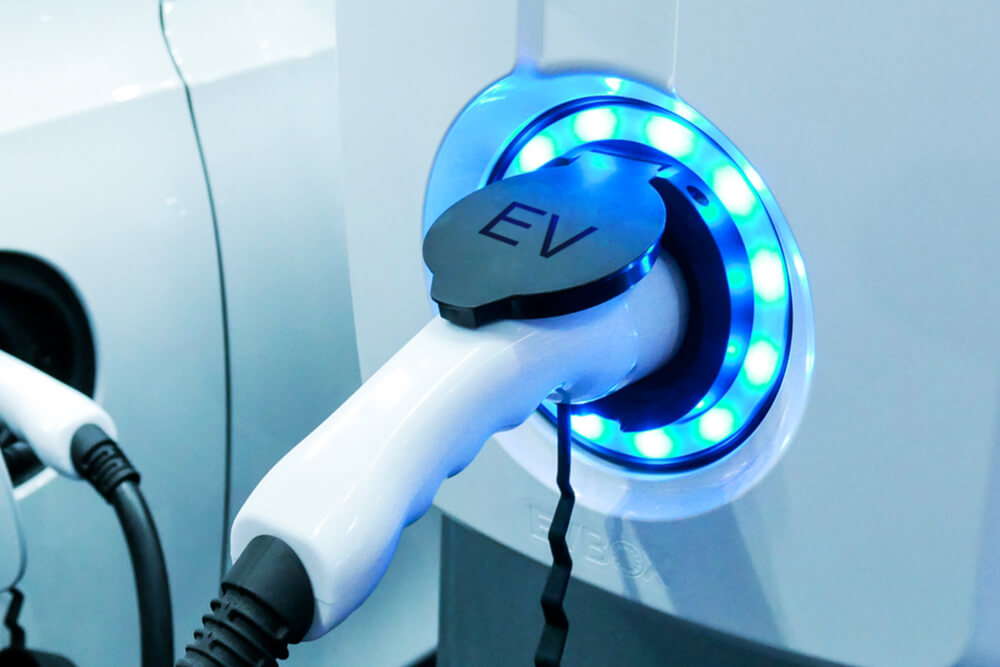
The general public, government officials, and even freight industry leaders are enamored with the idea of transitioning to electric-powered vehicles. The conventional wisdom stems from the notion EVs reduce carbon emissions and involve “sustainable” energy. While reducing the use of diesel fuel commercial motor vehicles and yard spotters with EVs appear to move the environmental needle, renewable natural gas (RNG) seems to be lost in the discussion.
It appears Americans may be guilty of a group think that has the overwhelming majority focused on eliminating fossil fuels by putting more electric vehicles on the road. Perhaps driven by the iconic Elon Musk and his successful marketing of Tesla automobiles and projections of electrified Class 8 rigs, RNG has largely taken a backseat. But what many environmentally conscious people may not realize is that electricity is currently reliant on fossil fuels.
For example, some utility companies opted to pivot away from natural gas and use diesel fuel as supply chain disruptions and inflation drive energy costs higher. Reports coming out of Europe and Asia indicate that power plants have resorted to using kerosene, diesel, or fuel oil due to a shortage of natural gas. During California’s almost annual rolling power grid blackouts, EV charging stations routinely switch to diesel generators. These incidents highlight the fact that renewable energy sources such as wind and solar are not necessarily supporting a green energy movement, at least not yet.
Plugging in an EV does not necessarily mean freight yards, truckers, or passenger vehicle owners are doing their part for a cleaner environment. And given the fact power grids appear light-years away from producing enough power through sustainable sources, this begs the question of why RNG has been lost in the discussion.
RNG is typically produced by collecting the naturally occurring biogas associated with organic matter decomposition. It mirrors the natural gas currently being used in residential homes and commercial ventures. But RNG can also be compressed to function as a transportation fuel that delivers tremendous environmental benefits. Proponents indicate that collecting biogas and processing it into a transportation fuel results in removing greenhouse gases. When not collected and repurposed, RNG seeps into the atmosphere at locations such as landfills and farms anyway.
Although little movement has transpired regarding RNG, Canada’s Énergir corporation reportedly managed carbon-neutral facilities that began supplying the city of the City of Saint-Hyacinthe with upwards of 13 million cubic meters of RNG annually a few years ago. The result was a reduction of 49,000 tons in greenhouse gases. The facilities are also not reliant on the whims of fossil fuel supplies or government policies that cause price fluctuations. RNG remains a viable energy resource that could power commercial motor vehicles in a truly sustainable sense.
Sources: forbes.com, reuters.com











Leave a Comment